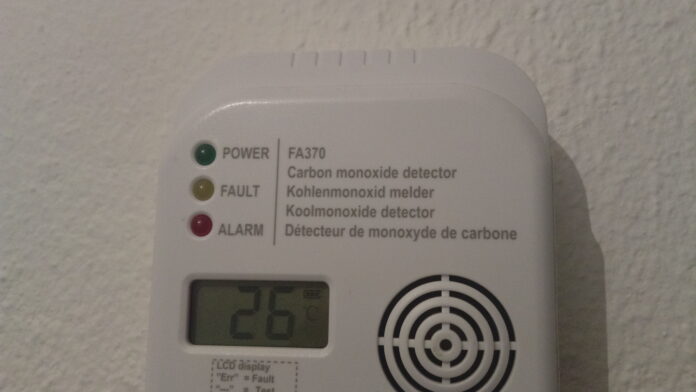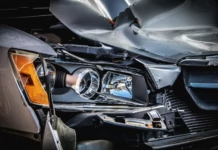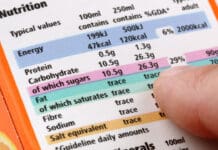Be carbon monoxide aware to save your life, says RoSPA
- RoSPA: Carbon monoxide is a silent killer that can cause symptoms mistaken for other ailments like headaches and the flu
- Awareness and having carbon monoxide alarm(s) is key to reducing accidents
This Carbon Monoxide Week, The Royal Society for the Prevention of Accidents (RoSPA) has issued a stark warning to be aware of the dangers of the silent killer that causes over 4000 A&E visits and 440 hospital admissions a year in England alone (1).
According to RoSPA, carbon monoxide poisoning is an underdiagnosed problem in the UK, with the signs and symptoms of low-level carbon monoxide toxicity confused for other ailments like headache, nausea, flushing, the flu, muscle pain, food poisoning and depression.
Poisoning is more prevalent in the winter months, likely related to the increased indoor use of heating and other devices which are common sources of carbon monoxide, such as incorrectly installed fuel-burning appliances, blocked chimneys, gas ovens inappropriately used for heating, and barbecues or gas stoves used in enclosed spaces.
What to do if you are exposed to carbon monoxide
If your carbon monoxide alarm sounds or you believe there to be a leak (unignited gas does not contain carbon monoxide):
- stop using all appliances and evacuate the property immediately
- call the relevant National Gas Emergency Service number to report the incident or the Health and Safety Executive (HSE) Gas Safety Advice Line on 0800 300 363
- do not go back into the property (wait for advice from the emergency services)
- get immediate medical help.
If you think you have been exposed to carbon monoxide and feel unwell or are worried call NHS 111, contact your GP or in an emergency contact emergency services on 999.
The relevant National Gas Emergency Service number you need depends on where in the UK you’re based and the type of gas that’s involved:
| Country | Natural Gas (NG) | Liquified Petroleum Gas (LPG) | Towns Gas/Mains Gas** |
| England, Wales and Scotland | 0800 111 999 | Contact number on bulk storage vessel or meter* | N/A |
| Northern Ireland | 0800 002 001 | Contact number on bulk storage vessel or meter* | N/A |
| Isle of Man | 0808 1624 444 | 0808 1624 444 | 0808 1624 444 |
| Guernsey | N/A | 01481 749000 | 01481 749000 |
| Jersey | N/A | 01534 755555 | 01534 755555 |
Phil Le Shirley, Public Safety Advisor at RoSPA said:
“With the colder months almost upon us and more people using fuel-burning appliances, it’s vital to be aware that carbon monoxide poisoning is silent and can often be confused with other ailments like a headache, nausea, flushing, the flu, muscle pain, food poisoning and depression.
“Carbon monoxide is colourless, tasteless and odourless, so it is essential that you fit an audible carbon monoxide alarm that meets British or European Standards (BS Kitemark or EN 50291).
“We recommend testing the alarm at least once a week, changing the batteries regularly and replacing the whole alarm before its expiration date.
“Finally, if you’re camping or caravanning, irrespective of how cold or rainy it gets, ensure that there is adequate ventilation when using fuel-burning products and always have a carbon monoxide alarm with you.”
Phil went on to describe what you should do depending on the type of fuel appliance you have at home:
“We recommend only using a qualified Gas Safe engineer to install gas boilers and appliances and advise that they are serviced annually by Gas Safe approved technicians.
“Solid fuel appliances should be installed and serviced annually by a qualified HETAS engineer, and chimneys and flues should be kept clean by being swept from top to bottom at least once a year by a qualified chimney sweep and should not be blocked.”
“It is also advised that oil heaters should be installed and serviced annually by a qualified OFTEC engineer.”
For further information on carbon monoxide, please visit RoSPA’s carbon monoxide pages.

| [donate]
| Help keep news FREE for our readersSupporting your local community newspaper/online news outlet is crucial now more than ever. If you believe in independent journalism,then consider making a valuable contribution by making a one-time or monthly donation. We operate in rural areas where providing unbiased news can be challenging. |



















